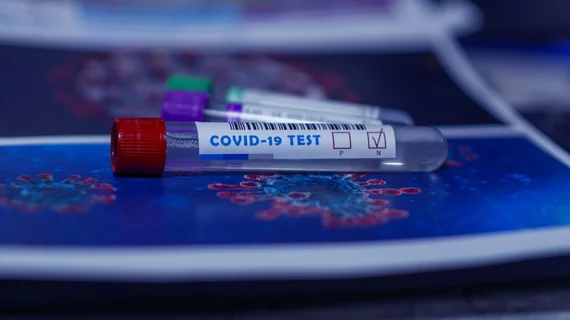Higher total cholesterol and ApoB levels may increase a person's COVID-19 risk
Higher total cholesterol (TC) and apolipoprotein B (ApoB) levels may increase a person's risk of COVID-19 infection, according to new data published in Arteriosclerosis, Thrombosis, and Vascular Biology.
Researchers performed two-sample Mendelian randomization (MR) analyses designed to explore the causal effects of blood lipids on COVID-19 susceptibility and severity.
Using outcome data from the UK Biobank study, researchers tracked 1,221 patients for potential positive causal effects of dyslipidemia, total cholesterol, and ApoB susceptibility after Bonferroni correction. To avoid any potential bias, they also explored data on 14,134 patients from the COVID-19 Host Genetics Initiative.
According to the authors, the MR estimates revealed that both both higher TC and ApoB "might increase the susceptibility of COVID-19."
“We detected potential causal effects of dyslipidemia, TC, and ApoB on COVID-19 susceptibility,” wrote lead author Kun Zhang, MD, with the department of trauma surgery, Honghui Hospital in China, and colleagues. “The clinical manifestation of dyslipidemia includes the maladjustment of TC level, LDL-C level, triglyceride level, HDL-C level, and other lipid and lipoprotein levels. We acknowledge that it is hard to summarize the clinical risk factor for dyslipidemia.”
However, the team added, "it is likely that dyslipidemia is relatively homogeneous and the clinical causal risk factor of dyslipidemia might be high TC.”
Read the full story here.
